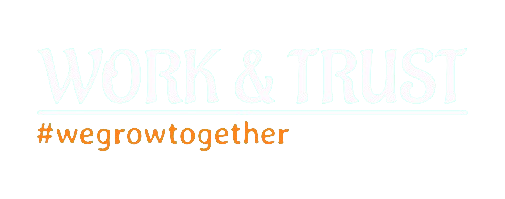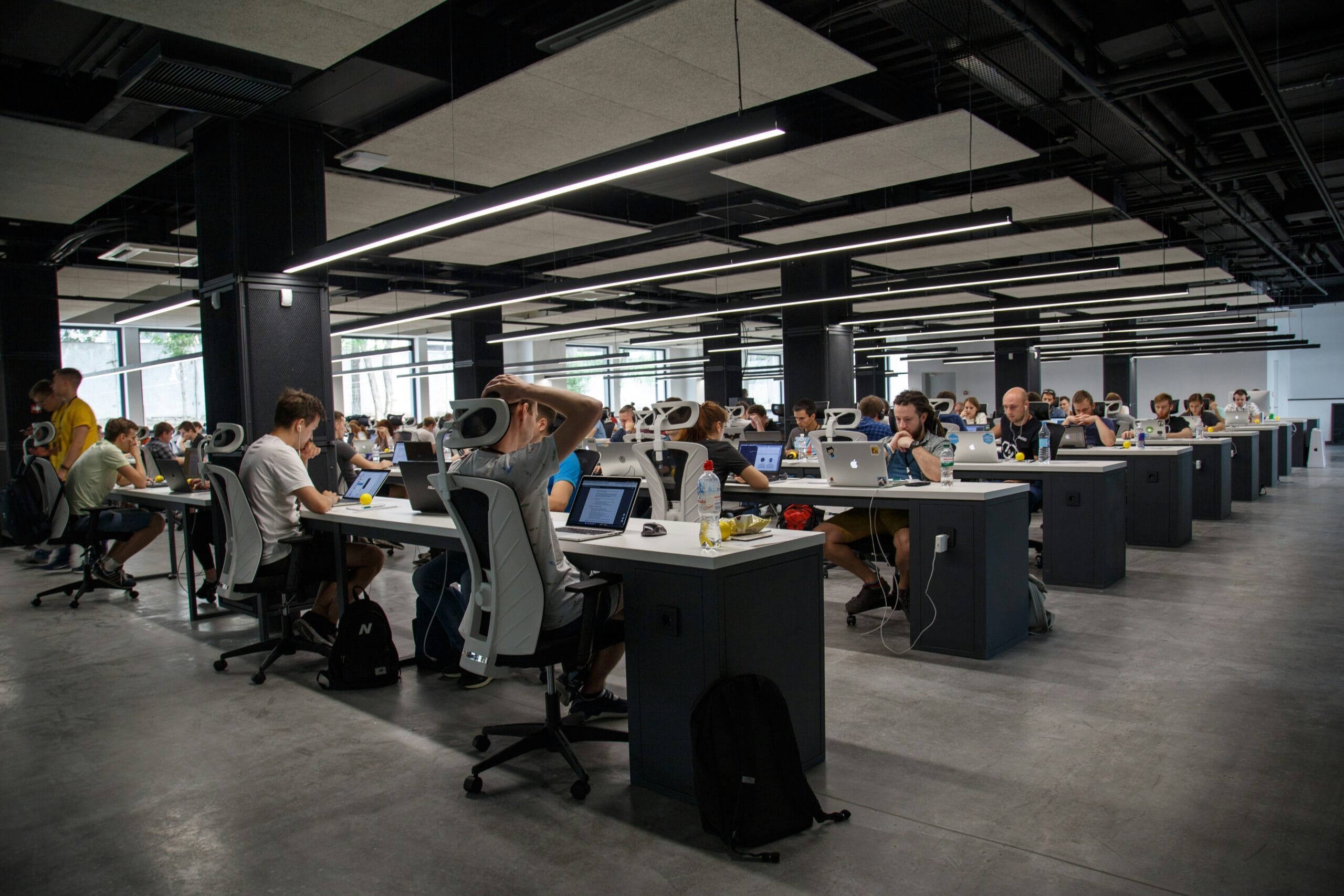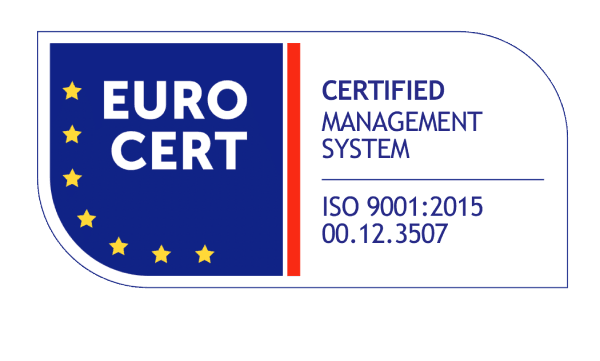After the COVID-19 pandemic, a new world was born for the job market, creating new trends that will bring long-term changes.
Companies worldwide adopted remote working practices. Many employees, particularly in technology and customer service roles, now demand permanent remote or hybrid working options. This has led to tensions between employers who want to bring employees back to the office and employees who have gotten used to more flexible arrangements. On one hand, employers believe that personnel are more productive in the workplace (a trend that has fewer supporters), and on the other hand, the working population feels better in their private spaces.
Another major issue companies face today is the shortage of human resources: many industries, particularly hospitality, healthcare, and manufacturing, struggle to fill positions left vacant since the pandemic, which still remain empty. Some economists attribute this to early retirements, changes in worker preferences, and health concerns.
“Great resignation”: A wave of employees left their jobs in 2021 and 2022 due to burnout, reevaluation of life priorities, and the desire for better pay and working conditions. This phenomenon has forced companies to reconsider their strategies for maintaining their workforce.
Through the above, we observe how unstable the world of business and the job market has become. Both companies and candidates need advisors who can provide solutions for them.



